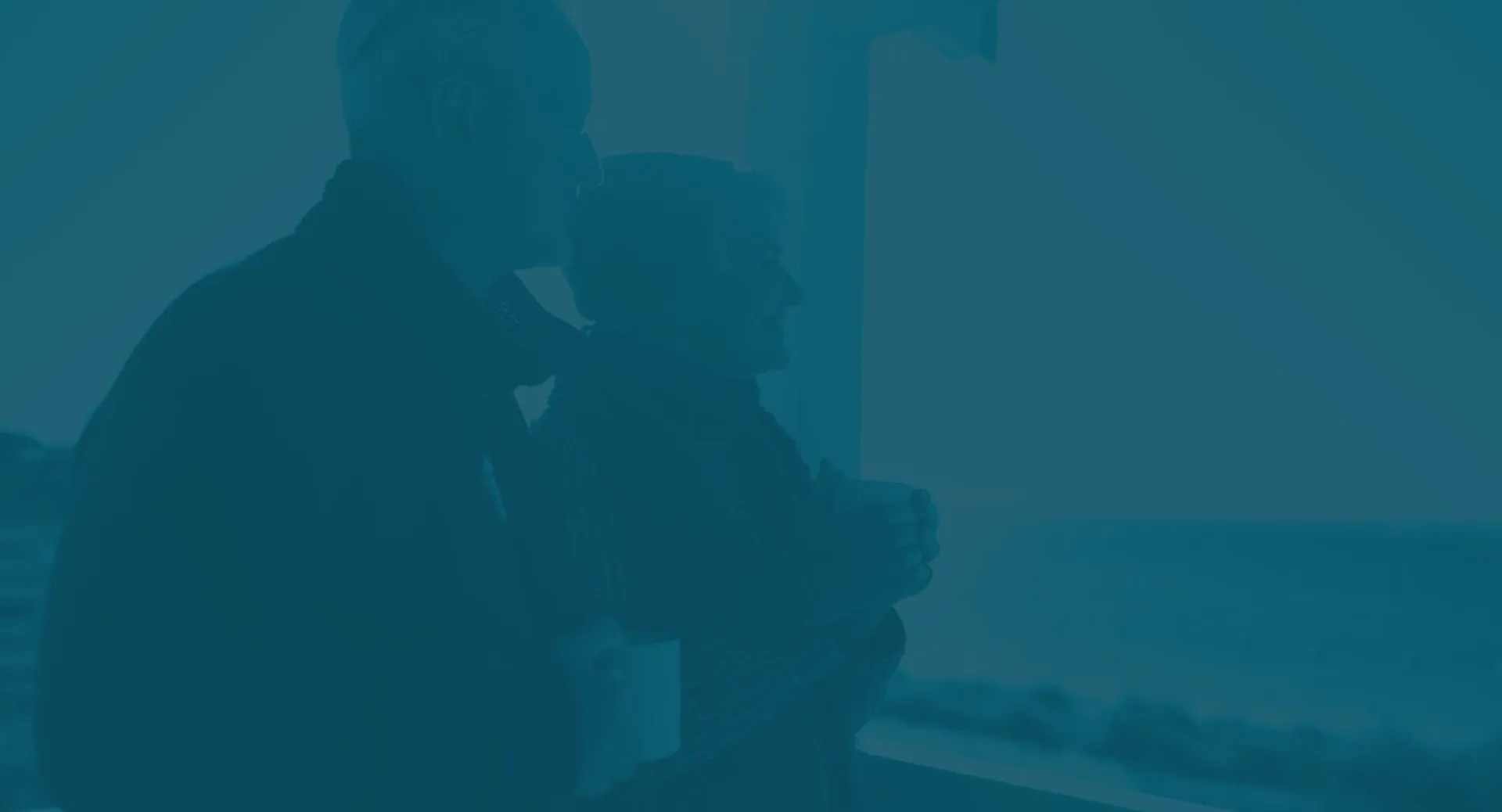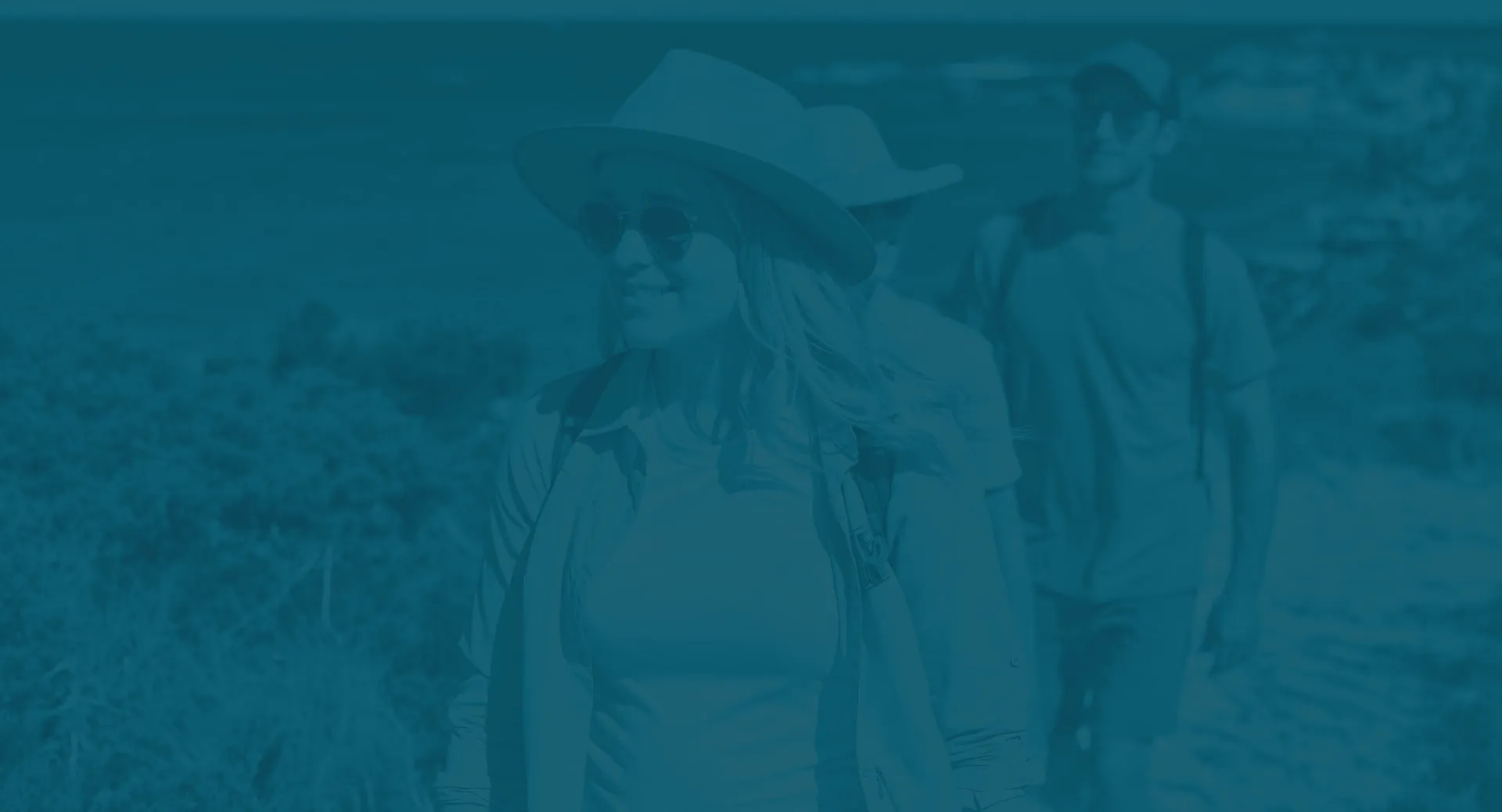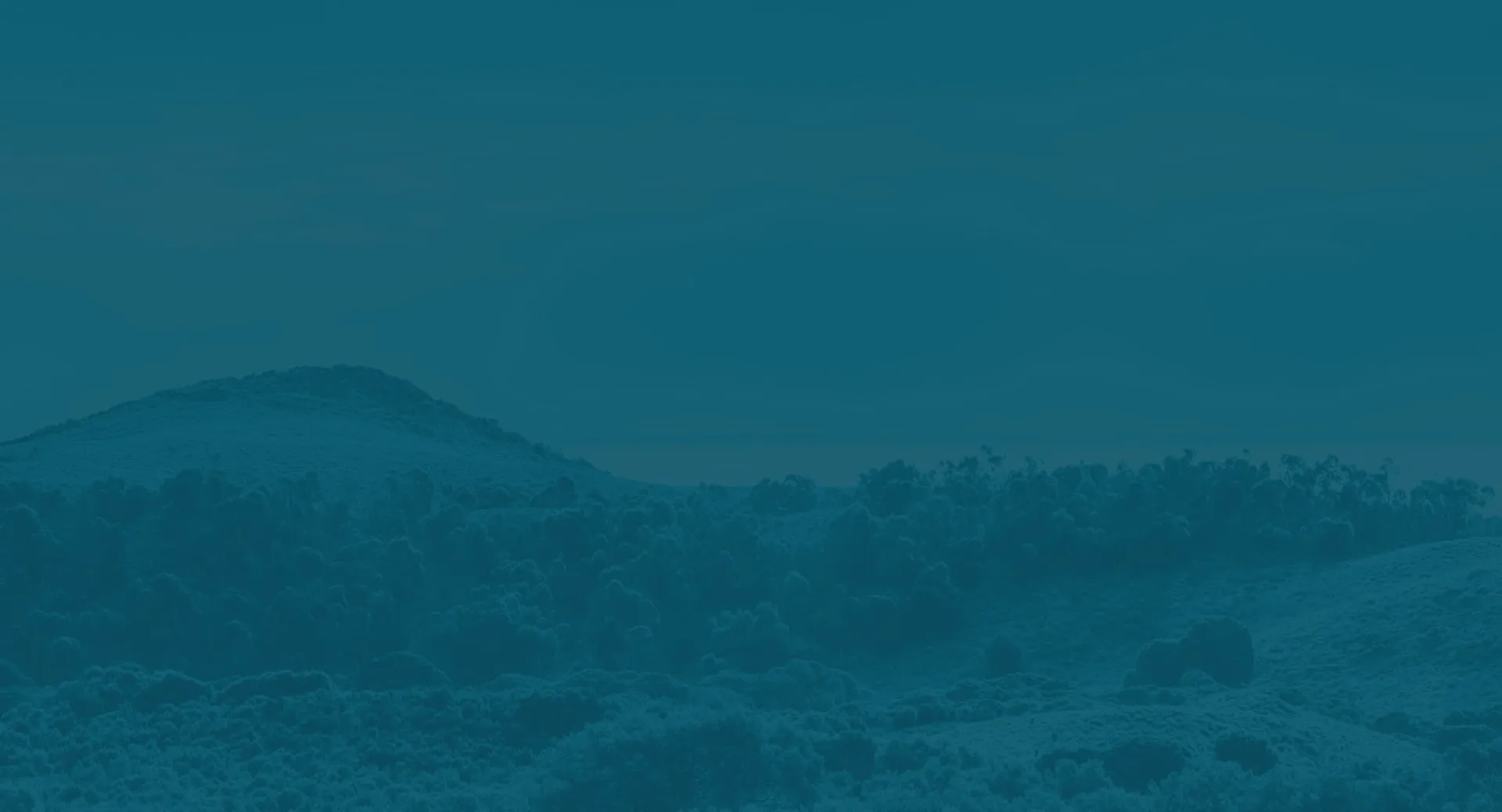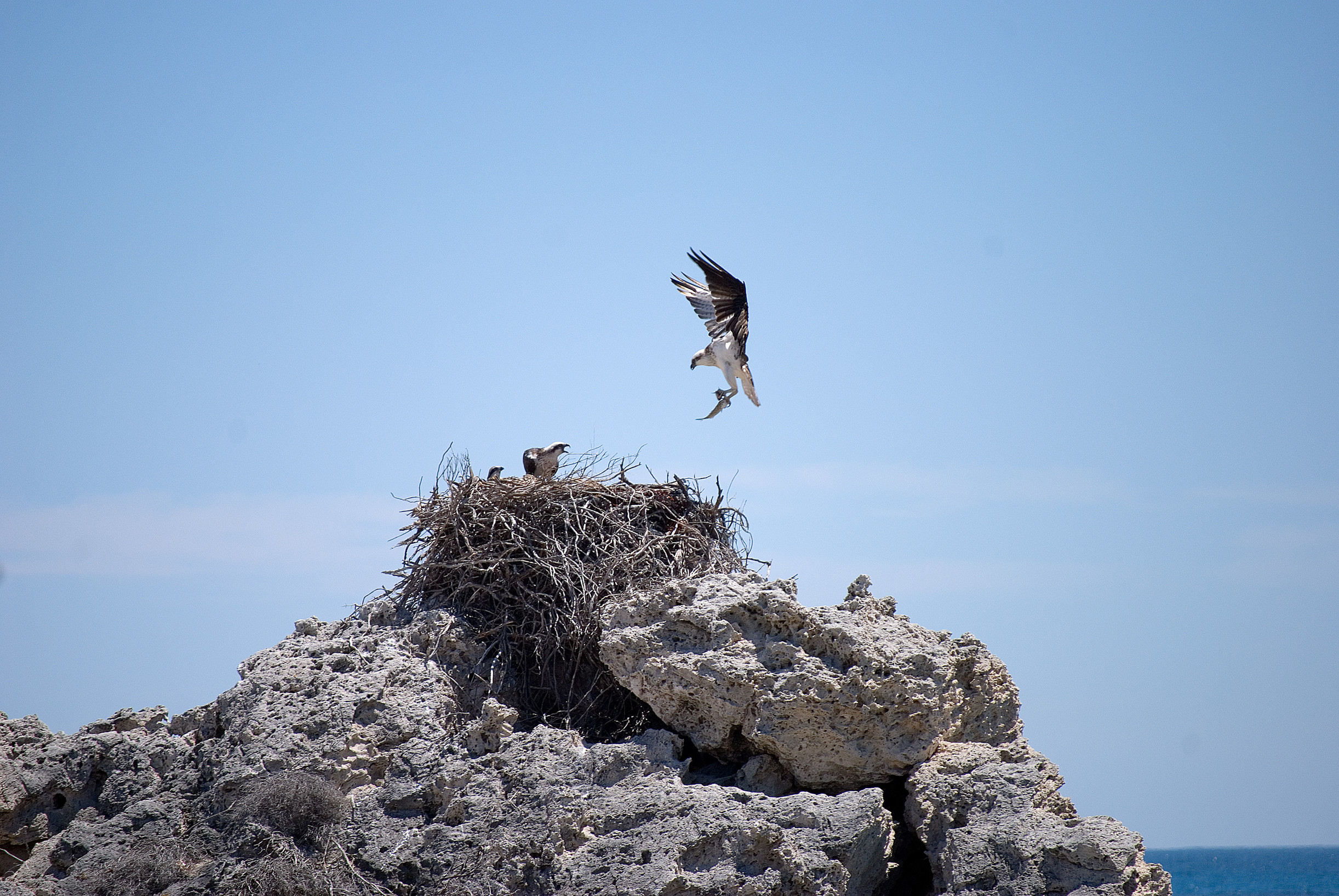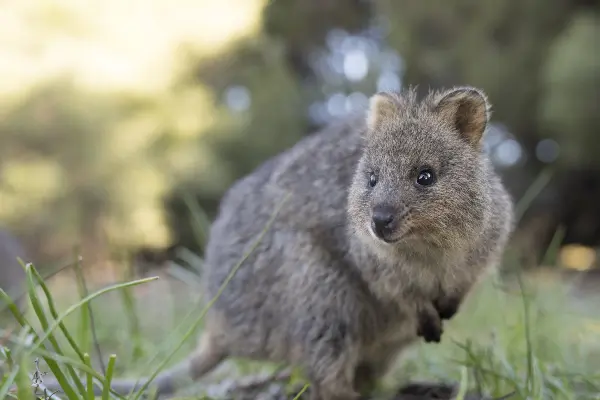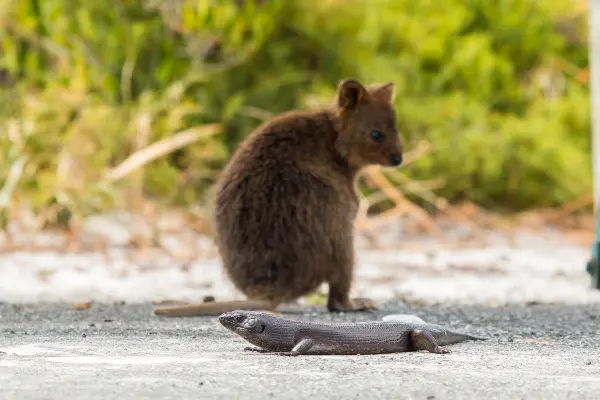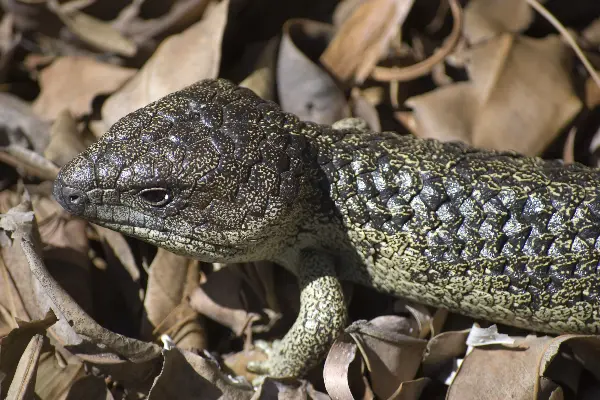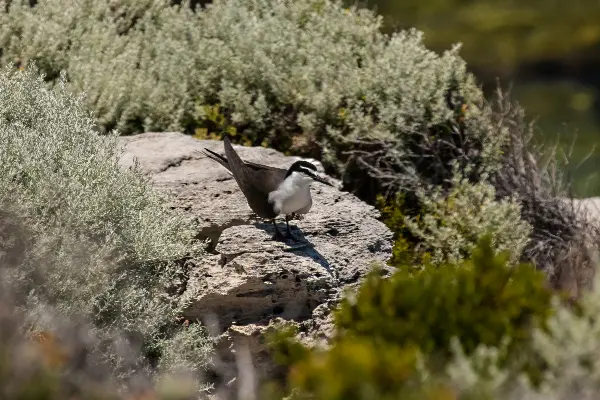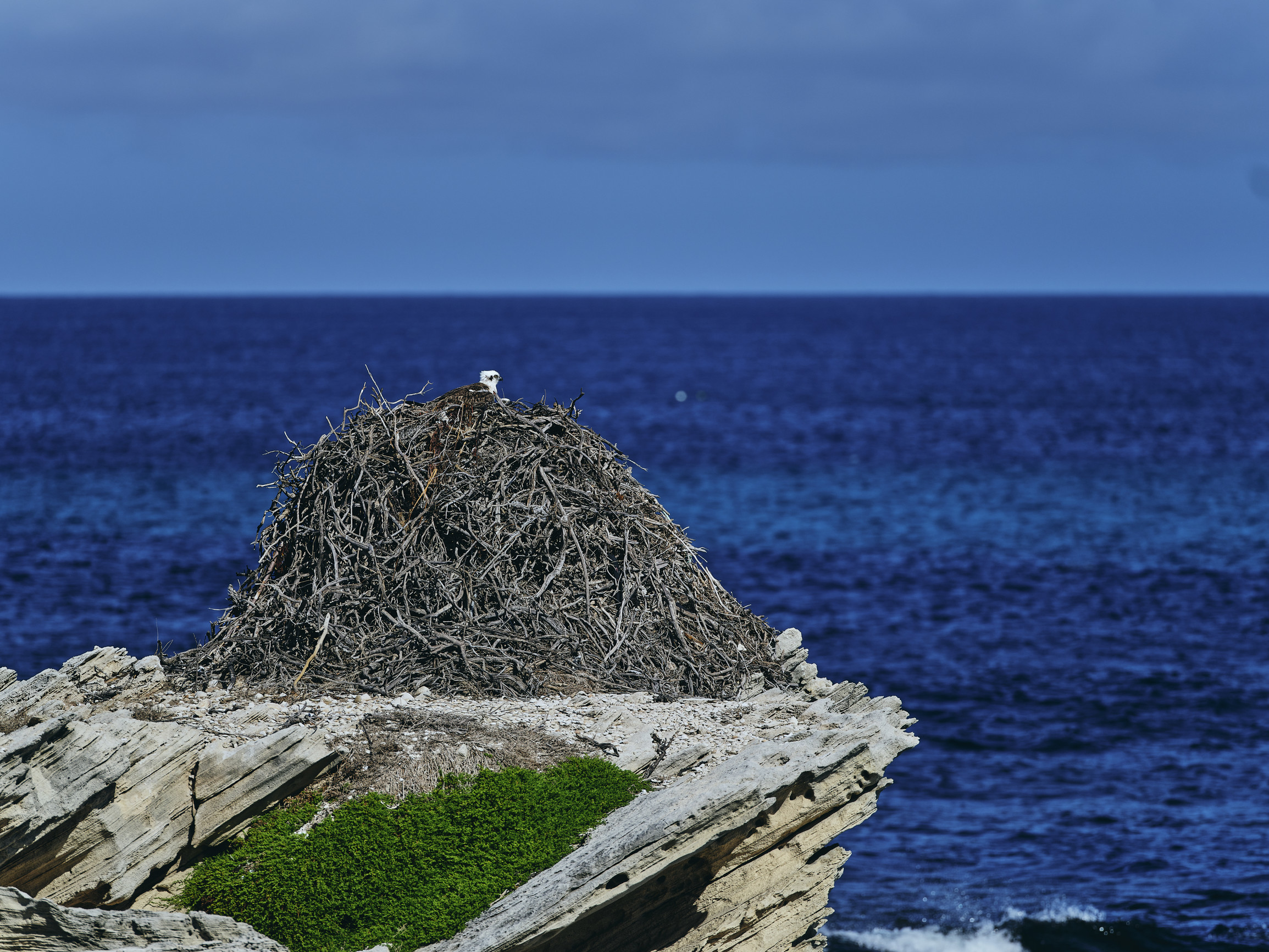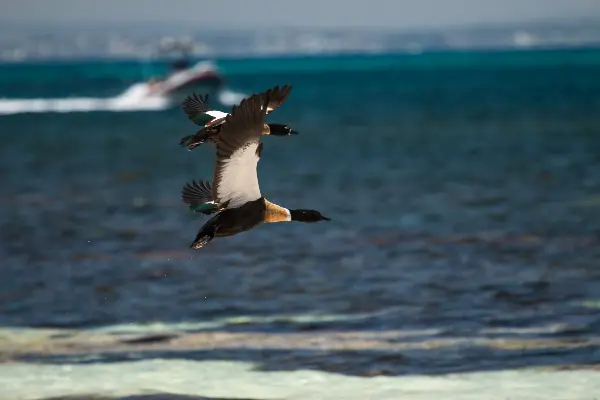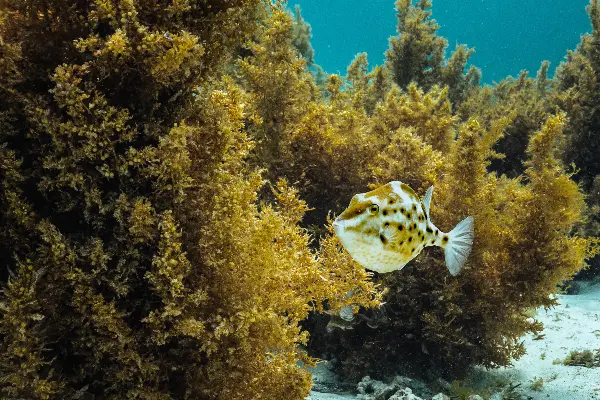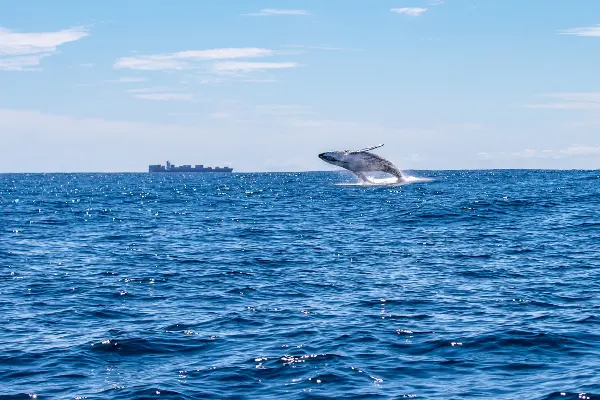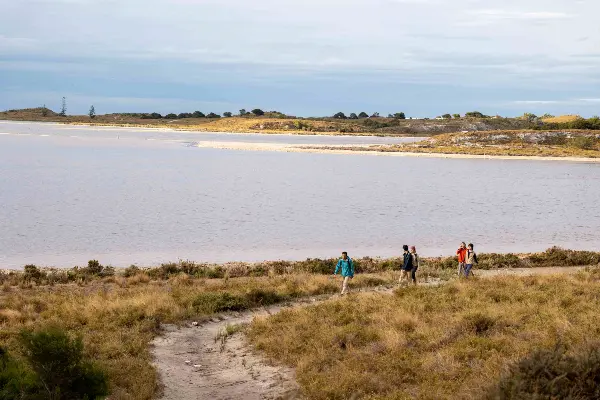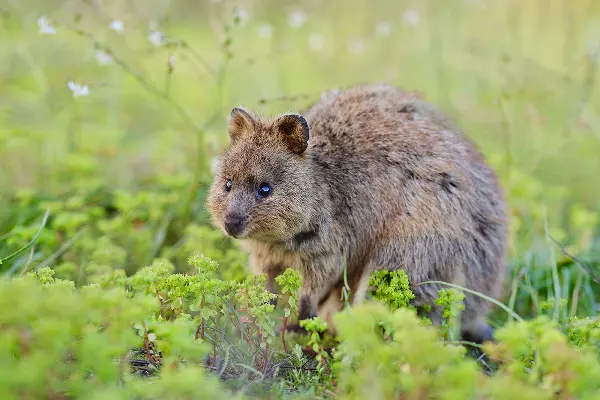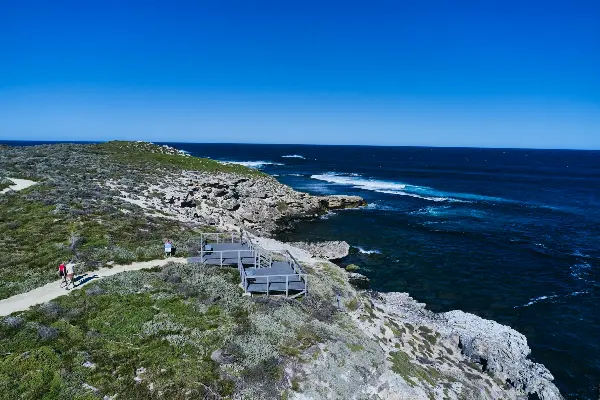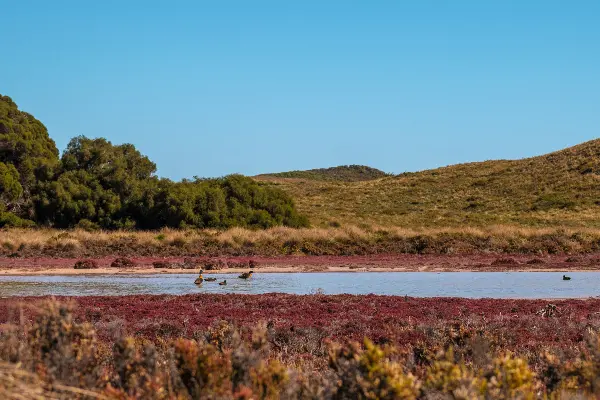Traverse the land, look up to the skies and peer across the lustrous blue. Wildlife is all around you during winter on Wadjemup / Rottnest Island.
During the change of seasons, many think that all island life slows down. Instead, the cooler months of Djeran (May), Makuru (June and July) and Djilba (August) see the emergence of abundant native fauna. While there are plenty of creatures to observe, there’s also a stillness in the air which can be enjoyed by all during these special encounters with nature.
Continue reading to discover who’s out and about during winter.
ROAMING THE LAND
Kwoka / quokka
Take the opportunity to venture over during winter and you will see quokkas becoming more active as the summer heat fades into the freshness of a new season. Watch quietly and from a distance as they go about their daily wanderings. These marsupials are nocturnal by nature, so the recommended time for quokka spotting is around dawn and dusk. Later sunrises and earlier nightfall in winter make it particularly favourable to enjoy these active sightings at this time of year. Of course, quokkas can also be spotted throughout the day, particularly when the sun’s strength has waned.
During the months of Djilba (August and September), the season of second rains, quokka joeys are beginning to poke their heads out of their mothers’ pouches before later taking their first hops around Wadjemup. Stroll and spot at your own pace or join a free quokka spotting walking tour with the Rottnest Voluntary Guides Association. With picturesque moments surrounding you, consider joining a photography tour with Capture the Light Photography Tours. Under their guidance, learn tips and tricks to capturing the perfect wildlife photos and you’ll return home with a collection of unique images to remind you of your winter island experience for years to come.
Djidong / lizards
Another animal to appreciate from a distance is the djidong (lizards). Whether you’re hiking the Wadjemup Bidi or just taking a stroll through the settlement, sightings are always a possibility. Like you, lizards will be loving any winter sunshine that peers through the clouds.
Pause and appreciate the harmless yoorn (bobtail lizards) that shuffle along the paths or witness the way a sleek King’s skink scurries through the undergrowth.
A curious fact: some of the lizard species on the island have evolved enough from those on the mainland to be classified as a separate subspecies.
Kooboolong / frogs
As the winter rains descend upon the lands, the balyan boodja (wetlands) come to life with amphibians that are heard but not always seen. Listen out for the call of the kwiya (squelching froglet) and distinctive sounds of the kwooyar (moaning frog).
CIRCLING THE SKIES
Babitj / bats
After dusk, cast your eyes above the trees to get a glimpse of the fast-flying white striped freetail bats who make themselves known to those below. As the winter sun sets and cool air envelops the island, rug up and find a spot to listen out for their unique calls and the rapid flutter of their wings. These otherworldly creatures feed on insects above the tree canopy every evening.
Djerap / birds
Birdlife is teeming around the nbogar (coastal), boorn boodja (woodlands) and balyan boodja (wetlands) areas of Wadjemup during the winter months. Venture around Cape Vlamingh to spot the burrow-dwelling boroot (wedge-tailed shearwater). Find the soaring yoondoordoo (eastern osprey) and their large 70-year-old nest stacks at Fish Hook Bay, and Salmon Point and keep your eyes peeled for smaller nest stacks that can also be spotted around the island.
For bird sightings out of the invigorating winter winds, head to the woodlands of Parker Point for crimson flashes of the koobanmokin (red-capped robin) as it dances amongst the leaves. Towards the eastern end of the island live colourful Australian shelducks, as do monop-mart (bridled tern) which inhabit the wetlands behind the main settlement and on the coastline.
BENEATH THE WAVES
Djildjit / fish
The Leeuwin Current brings warmer ocean temperatures and a diversity of tropical fish compared to mainland waters of Perth. Slide into a wetsuit and slip into the waters surrounding Wadjemup to take advantage of a seasonal snorkel that’s bound to be just you and the fish. If you need a snorkel set, they are available for hire on the island from Pedal & Flipper Hire.
Maamoong / whales
Visit during the season of Djilba (August and September) and experience the beginning of humpback and southern right whale migration past the island; encounters can occur as soon as the ferry journey over. Once you arrive, cast your gaze out across the expansive waters of Pinky Beach or head to the wild West End for another chance to witness this majestic spectacle. Cape Vlamingh and Cathedral Rocks viewing platforms at the West End are equipped with binoculars to capture the moment closely.
Kwilena / dolphins
The Cathedral Rocks viewing platform out at West End is also the ideal vantage point for pods of bottlenose dolphins and manyil (long-nosed fur seals). Hours can feel like mere minutes when you get glimpses of such creatures in their natural habitat.
Tips for a time well spent
Make your visit even more meaningful with helpful advice from those in the know.

